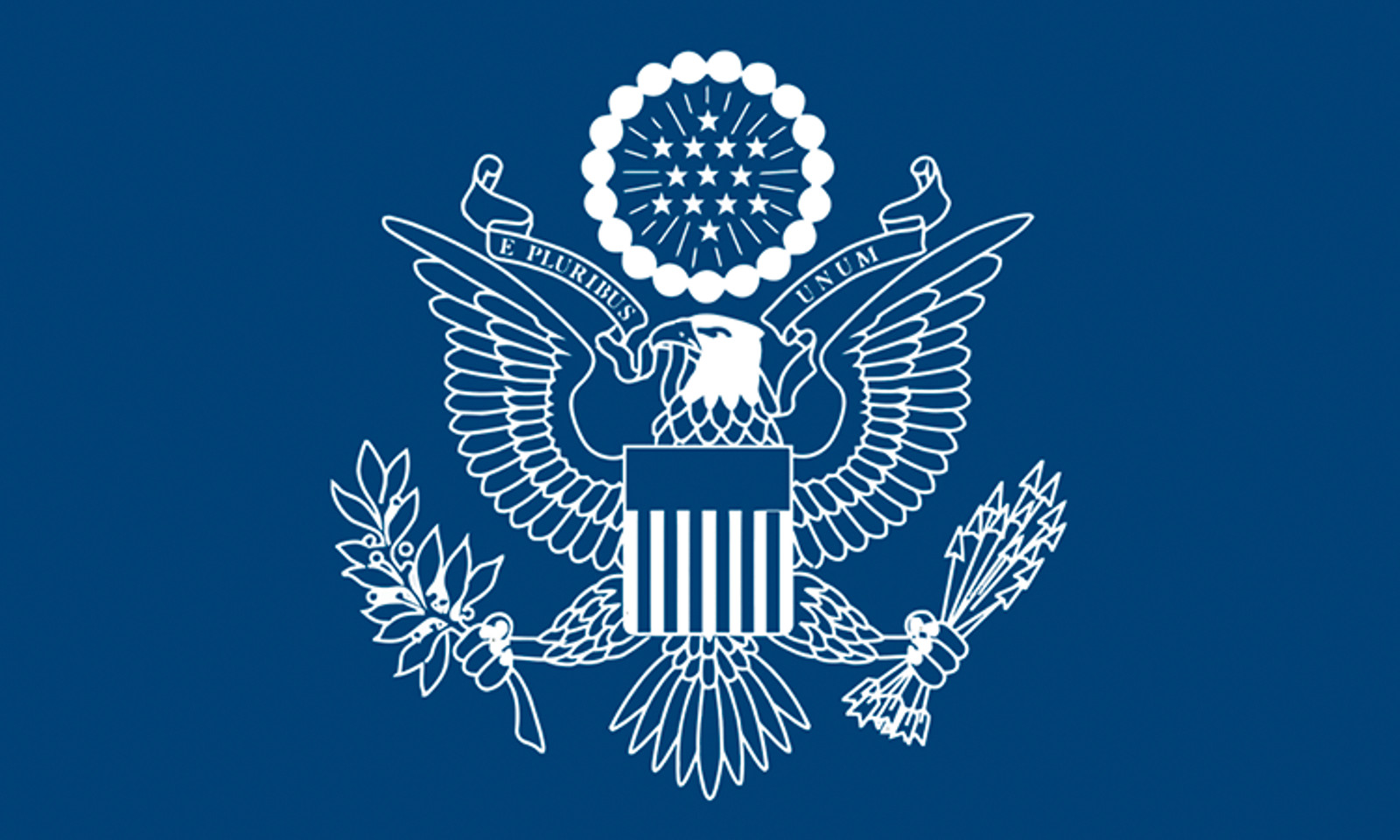As the U.S. presidential race begins in earnest with the Iowa caucuses (and a day after Costa Ricans voted in their own municipal elections), we’re sharing the following message from the United States Embassy about voting from abroad.
* * * *
Start by confirming your voter registration with your state. Some states require absentee voters to register annually so you may need to re-register. Go to FVAP.gov to connect to your state’s voter portal to register to vote, request a ballot, and more. Once you confirm your registration, follow a few simple steps to vote in the 2020 U.S. elections:
- Request Your Ballot: Most states provide the option to request ballots through their state election portals, which you can easily access via FVAP.gov. You can also choose to complete a Federal Post Card Application (FPCA) (Pdf- 190Kb). The completion of the FPCA allows you to request absentee ballots for all elections for federal offices (President, U.S. Senate, and U.S. House of Representatives) including primaries and special elections during the calendar year in which it is submitted. FPCA forms that are correctly filled out and include a signature and date are accepted by all local election officials in every U.S. state and territory. FVAP’s easy online assistant can assist you with completing the FPCA.Whether you request your ballot through your state’s portal or the FPCA, we encourage you to select the option for receiving your ballot electronically (by email, internet download, or fax) when available. This is the fastest way for you to get your ballot and ensures you have it in time to return a completed form before your state’s deadline.
- Receive and Complete Your Ballot: States are required to send out ballots 45 days before a regular election for federal office and states generally send out ballots at least 30 days before primary elections. Most states allow you to confirm your ballot delivery online.
- Return Your Completed, Signed Ballot: Some states allow you to return your completed ballot electronically and others do not. If your state requires you to return paper voting forms or ballots to local election officials by mail, you can do so through international mail, professional courier service, or through U.S. Embassy San Jose’s diplomatic pouch. The diplomatic pouch provides free mail service from embassies and consulates to a U.S. sorting facility. You will need to place your ballots in postage paid return envelopes or in envelopes bearing sufficient U.S. postage, in order for them to be delivered to the proper local election authorities.If using the diplomatic pouch, ballots can be dropped off to the American Citizens Services section at the US Embassy’s main entrance on business days between 08:00-16:30. Please note that all visitors to the Embassy are subject to security screening and you will not be permitted to bring electronic devices, including cell phones, inside the facility. Please note that it can take up to two weeks for mail to reach its destination if sent by an embassy or consulate via diplomatic pouch. All overseas U.S. citizens are advised to submit their forms and ballots accordingly.
Researching the Candidates and Issues: Online Resources. Go to the FVAP links page for helpful resources to aid your research of candidates and issues. Non-partisan information about candidates, their voting records, and their positions on issues are widely available and easy to obtain on-line. You can also read national and hometown newspapers on-line or search the internet to locate articles and information. For information about election dates and deadlines, subscribe to FVAP’s Voting Alerts (vote@fvap.gov). FVAP also shares Voting Alerts via Facebook (@DODFVAP), Twitter (@FVAP), and Instagram (@fvapgov).
Learn more at the Federal Voting Assistance Program’s (FVAP) website, FVAP.gov. If you have any questions about registering to vote overseas, please contact U.S. Embassy-San Jose’s Voting Assistance Officer at +506-2519-2590, or at acssanjose@state.gov






